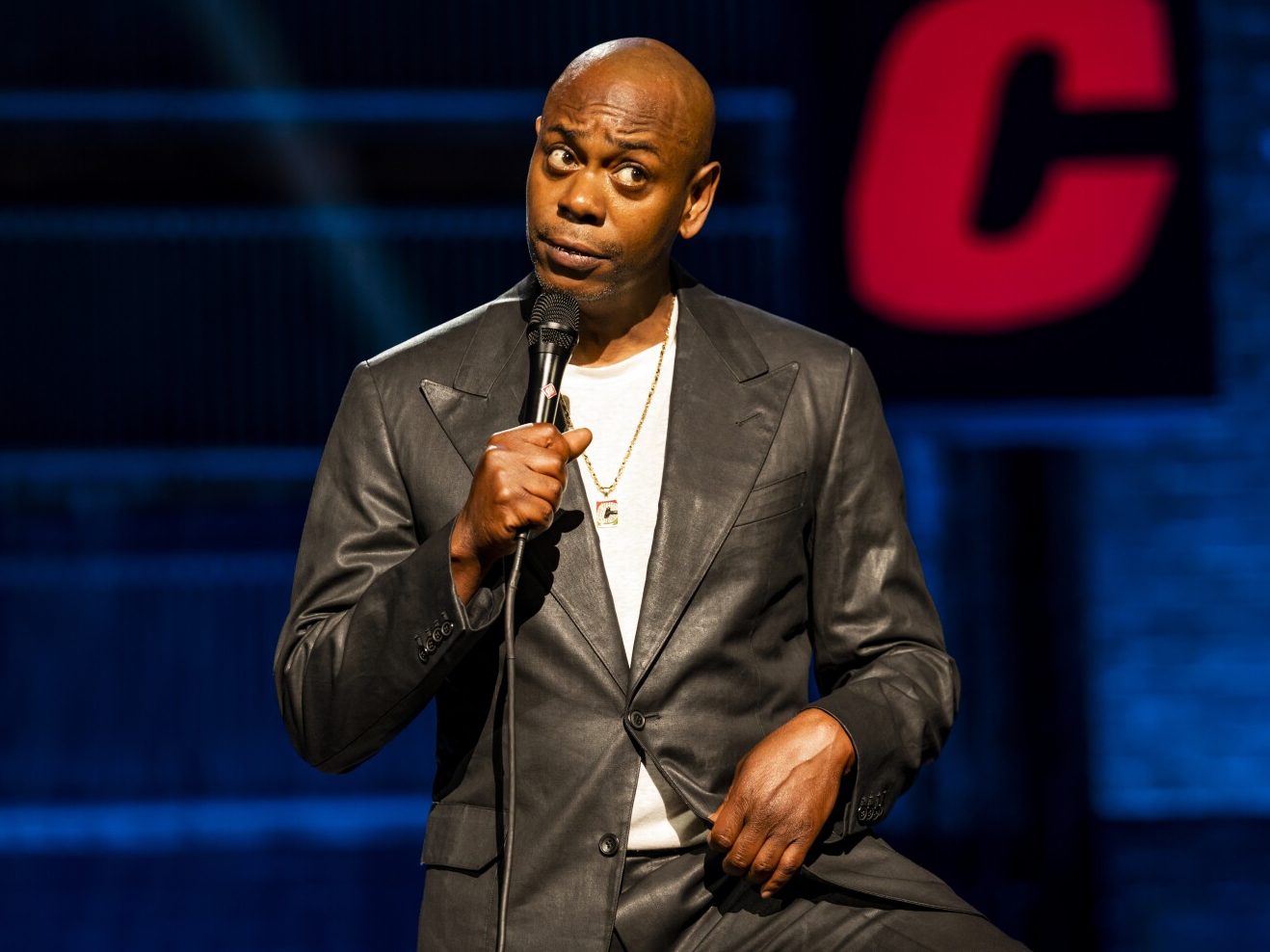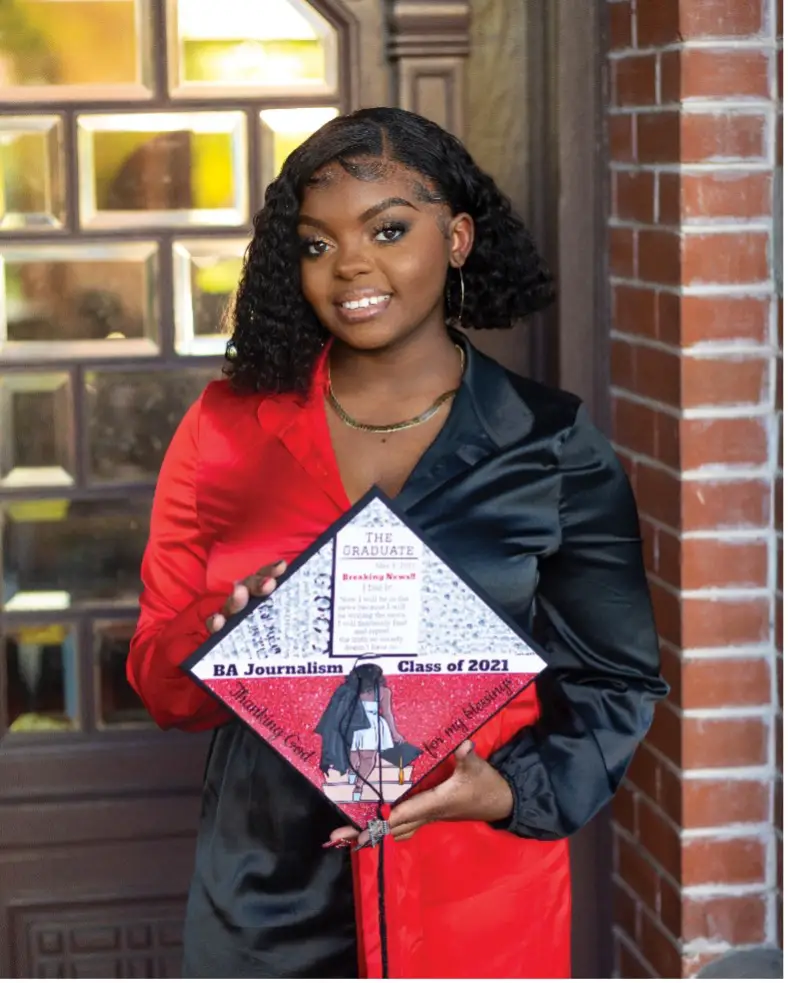For decades, comedians have boldly stood in front of thousands of people and confidently delivered their lineup of jokes without considering the possible repercussions of their words. Joan Rivers, Kevin Hart and Amy Schumer are just a few of the comedians who have landed themselves in the hot seat in past years for their questionable content. Likewise, Dave Chappelle, one of the country’s most popular comedians, has recently found himself in deep water after the release of his latest controversial Netflix special, “Dave Chappelle: The Closer.”
Typically, when people decide to attend or tune in to a comedy show, they expect to laugh uncontrollably until they get a cramp in their stomachs and tears of joy are rolling down their cheeks. No one ever expects to feel belittled.
Imagine spending over an hour of your valuable time watching a comedy segment to smile and forget about reality, but instead you listen to someone insult your race, sexuality, nationality or lifestyle. Rather than giving people something to laugh about, Chappelle’s special left many people with hurt feelings.
In all the years that Chappelle has worked to gain prominence in the comedy industry, he has never been one to shy away from making jokes that make people uncomfortable. In recent weeks, media platforms have focused their attention on how Chappelle’s Netflix special offended the LGBTQ+ community. However, during the hour-long segment, Chapelle also managed to make insensitive comments about a wide range of subjects, including Asian Americans, COVID-19, feminism and the shooting of Black men.
“In our country, you can shoot and kill a n—-, but you better not hurt a gay person’s feelings,” said Chappelle during his latest comedy special.
There was a point during the special where Chappelle recalled the time that he had COVID-19 and had to quarantine as a result. He went on to explain that while he was in quarantine, he watched videos of Black men assaulting Asian people in public, and he compared the racially charged altercations to the cells in his body fighting off COVID-19 cells. At this point, everyone is aware of where COVID-19 originated. The assaults on Asian Americans are sad and should not have been a laughing matter.
The comedian also laughed on multiple occasions as he presented jokes to the audience concerning serious and life-altering situations that may have brought back traumatic memories for some people. With a smile on his face, Chappelle joked about molestation by a preacher as a young boy, the deaths of countless people from COVID-19 and his friend’s decision to take her own life. Most people understand that certain topics should be handled with care and never joked about, but Chappelle is not like most people.
If it is not socially acceptable for the average person to joke about sexual assault, suicide, slavery or the sexual identities of other individuals, then why should the standards be any different for comedians?
However, although comedians make a living off of making jokes about events in their own lives and the lives of others, at what point do jokes become offensive rather than funny? Especially if comedians have personally experienced the situations, then they should have a right to deal with their emotions accordingly.
Everyone has their own way to cope with different life events. Some people may cry, while others may lay in bed for a couple of days and sulk in their emotions. However, comedians tend to overcome tense life circumstances by cracking jokes to make themselves and others feel better. But when it comes to situations that comedians have not experienced for themselves, it becomes a little more difficult to determine whether it should be acceptable to make jokes about them.
In the present, cancel culture has arguably helped put stand-up comedy into a chokehold. Comedians can no longer say anything they want without receiving some degree of backlash over the apparent lack of sensitivity in their comedic material. As people continue to make discoveries about themselves and find new movements and groups to advocate for, society continues to make it harder for comedians to do what they love without receiving backlash for everything they put into the ears of the public.
Whether gay, transgender, Black, white, Asian or feminist, everyone is in a place where they want to be accepted for who they are. When comedians decide to poke fun at vulnerable groups of people, it may seem as if the comedians have personal issues with those groups of people.
But if comedians like Chappelle were to cater to the preferences and sensitivities of everyone, would comedy even still exist in this world? The main goal for most comedians is to attempt to make people laugh even if that means trying to place more serious topics of conversation in a more humorous light. Laughter has numerous health benefits, including reducing stress levels and burning calories. Comedians’ attempts to make light of more serious topics may not always translate positively, but the goal is rarely to offend anyone. In Chappelle’s case, however, things may be a little different.
Chappelle has already shown that he is unbothered by any hate or negative feedback that his show has received. Amid the backlash toward his latest Netflix special, the Emmy- and Grammy-winning comedian has remained fairly quiet and has yet to address the negative feedback that has arisen following the release of “The Closer.”
However, Netflix has also been under fire for allowing the controversial special to air despite the frequent jokes aimed at the LGBTQ+ community. A few Netflix employees outwardly expressed their disappointment in the company for airing the special. Netflix employees went so far as to stage a walkout in protest of Chappelle’s show.
The co-CEO of Netflix, Ted Sarandos, has expressed that he understands that a lot of people are upset and offended by the special, but he believes the comedy segment does not incite hate or violence toward the transgender community.
Still, while Chappelle’s comedy show was insensitive to various groups, as a human being and an American, he still has the right to freedom of speech. As a creator, he has the freedom to discuss and joke about whatever he feels is necessary. Even if Netflix were to terminate its contract with Chappelle, the comedian has enough popularity to just find a new platform to express his thoughts and opinions. Although people may get offended by his content, no one can take away his right to free speech, especially since he is not encouraging anyone to commit hate crimes or violence against anyone.
At the end of the day, viewers can also control whether they expose themselves to the insensitivity demonstrated by Chappelle. Just as easily as Chappelle could stop making hurtful and insensitive statements, people could choose to not watch his content to avoid getting their feelings hurt.
















